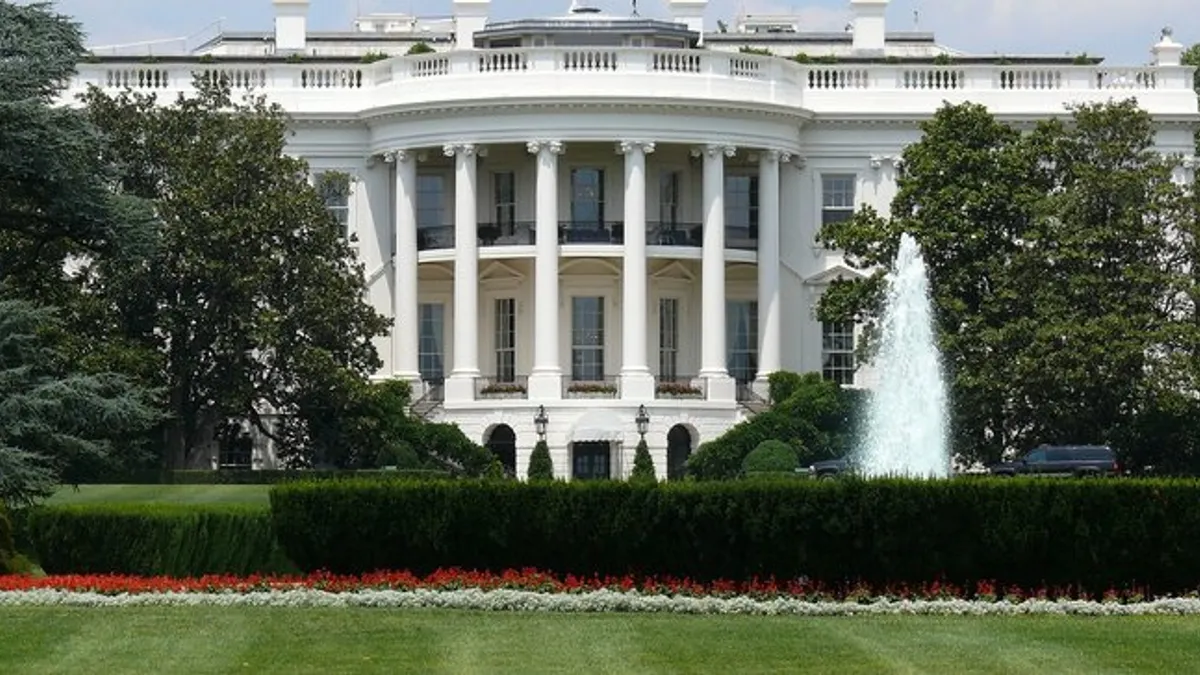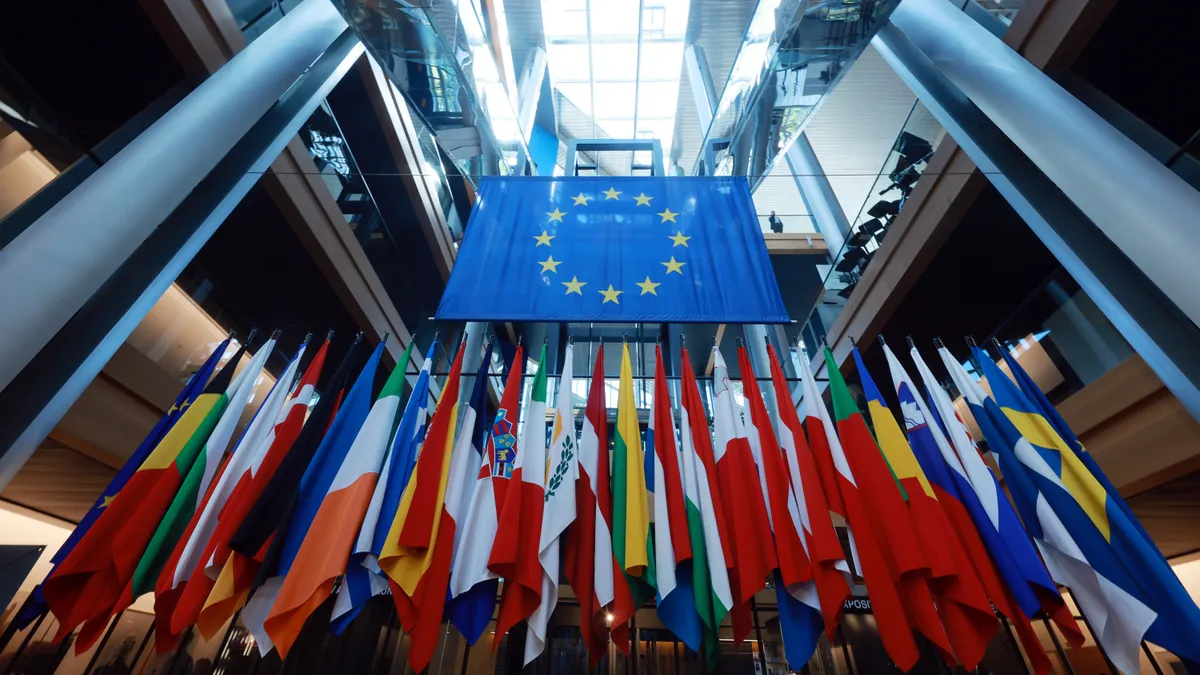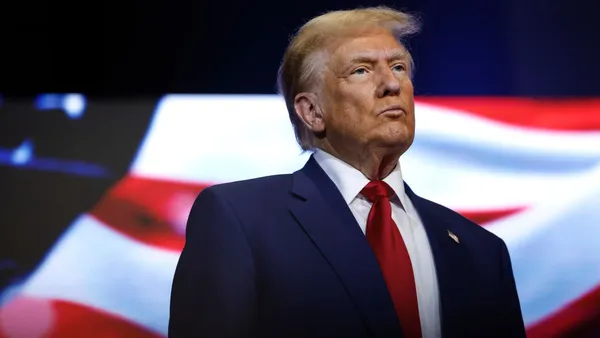Dive Brief:
- President Donald Trump announced Tuesday that his administration would begin to "wind down" the Deferred Action for Childhood Arrivals program, according to media reports. Instead, Trump will turn to Congress to "write these laws," he said to reporters.
- Attorney General Jeff Sessions called the DACA program an "unconstitutional exercise of authority by the executive branch" in a statement. The announcement came after Republican attorney generals from 10 states threatened to sue the government over DACA if Trump did not end it, USA TODAY said.
- Data from Pew Research shows that some 800,000 young immigrants could be impacted by the law's end, many of them with employment authorization. The Department of Homeland Security will no longer accept applications to the programs, starting Tuesday, but current participants would remain unaffected until March 5, 2018.
Dive Insight:
The complexity of immigration policy — particularly one that affects 800,000 people — will likely remain a barrier to any quick solutions. The Economic Policy Institute said in a statement that ending the program could lower wages and generally degrade labor standards, but the White House argues that DACA recipients are taking jobs away from Americans that need them.
The Trump administration has so far favored increased enforcement of immigration laws, which is by no means unique stance in the Republican party. Jorge Lopez, Chair, Global Mobility and Immigration Practice Group at Littler Mendelson, told HR Dive that while comprehensive immigration reform has been on the table for 30 years, enforcement tends to be the focus rather than deeper — and vastly more complex — solutions.
One key problem is that there is no guarantee that Americans will take the jobs freed up by DACA recipients. Many could be serving in highly skilled positions that already see massive shortages. At the other extreme, DACA recipients could be filling jobs in construction, hospitality, food and other industries that Americans workers aren't interested in taking due to low pay and difficult conditions. Other countries, including Canada, have opted for more expansive skilled immigration programs to offset similar imbalances.
The tech community was quick to rebuke the president's decision Tuesday, calling on Congress to prioritize making changes to the policy. In an email to employees, Apple CEO Tim Cook said the company employs more than 250 Dreamers, many of which "may soon find themselves cast out of the only country they’ve ever called home."
Brad Smith, president and chief legal officer of Microsoft, said DACA is both an "economic imperative and a humanitarian necessity." For the 39 Dreamers Microsoft knows it employs, Smith said it would exercise its legal right ot help protect employees if Congress fails to pass legislation before the deadline.
















